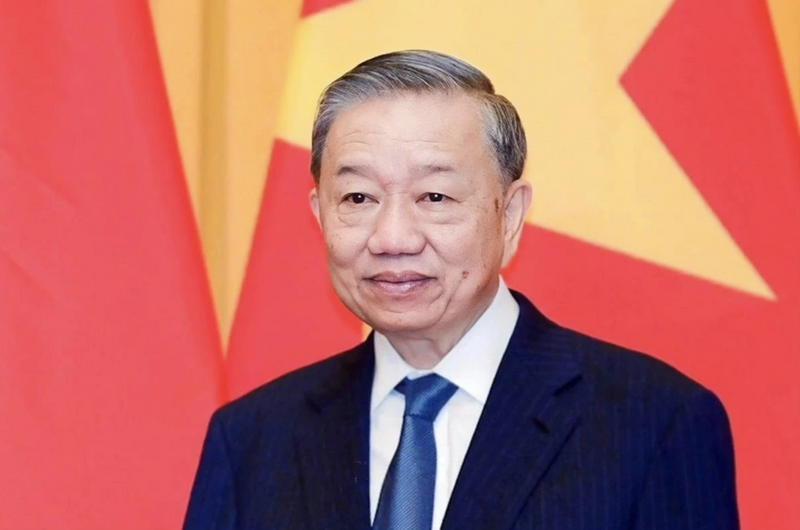
General Secretary To Lam to attend inaugural Gaza Peace Council meeting in US
19:05 | 23/03/2025 14:58 | 17/02/2026News and Events
On behalf of the Politburo, General Secretary To Lam has signed and promulgated Resolution No. 70-NQ/TW on August 20, 2025, outlining measures to safeguard national energy security through 2030 with a vision to 2045.
According to the Resolution, after five years of implementing Resolution No. 55-NQ/TW dated February 11, 2020, on the national energy development strategy to 2030 with a vision to 2045, Vietnam’s energy sector has maintained stable growth. It has largely ensured energy security, meeting the increasing demands of rapid and sustainable development, safeguarding national defense and security, and improving people’s living standards.
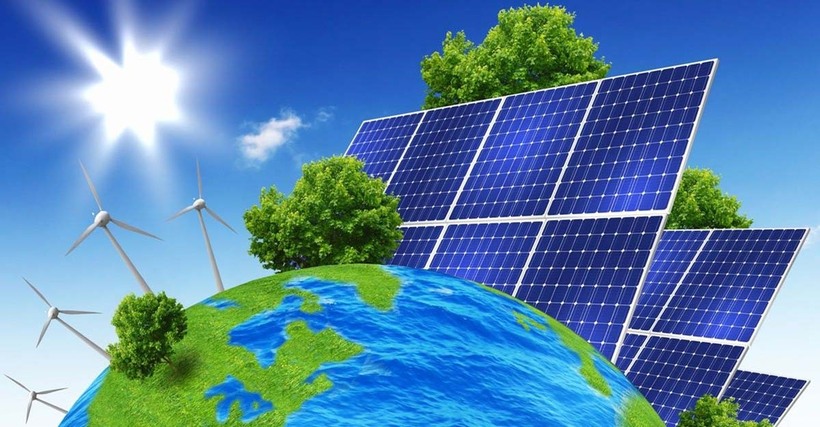
uu-nhuoc-diem-cua-nang-luong-tai-tao-3_5bcaf.jpg
However, the sector still faces shortcomings. Several limitations identified in Resolution 55 have not been fully addressed, and many of its targets remain difficult to achieve. Institutional and policy frameworks, as well as energy sector management, continue to show gaps. Progress on major power projects has been slow, while the country’s abundant energy potential has yet to be tapped effectively.
Energy supply remains heavily dependent on imports, raising the risk of shortages amid projected double-digit economic growth. Infrastructure development is still inadequate and fragmented, with power grids lacking effective connections to generation projects.
Technological innovation in some subsectors has lagged, with low levels of localization for key equipment. Workforce quality and productivity remain uneven, while competitive energy markets are underdeveloped, especially in the electricity sector, which faces barriers to integration across subsectors. Energy pricing policies are also inconsistent, not fully aligned with market mechanisms, and still allow cross-subsidization among customer groups.
The Politburo emphasized that energy must “go ahead one step” to meet the demands of rapid and sustainable national development, particularly in realizing the country’s two strategic goals for 2030 and 2045. It called for comprehensive leadership by the Party, breakthrough policymaking by the State, and the participation of citizens and businesses as the central drivers of national energy development, with the state sector playing a leading role and the private sector recognized as one of the most important engines of growth.
The Resolution underscores that ensuring national energy security is both a foundation and a prerequisite for the country’s development, as well as an integral part of national security. Energy development is given the highest priority to support sustained growth of over 10 percent in the coming period and to fulfill Vietnam’s two centennial goals. National energy planning must be implemented in a unified, coordinated, and effective manner under close Party leadership.
Energy development must align with the socialist-oriented market economy, be linked with social progress, equity, welfare, defense and security, and environmental protection, while remaining flexible in fulfilling international commitments to reduce greenhouse gas emissions. The Resolution calls for building a transparent and competitive energy market with diverse ownership structures and business models, applying market-based pricing across all energy types without cross-subsidization. It also encourages private investment and ensures equal opportunities for private enterprises to compete in energy projects alongside other sectors of the economy.
The Resolution highlights the need for synchronized and diversified energy development, prioritizing renewable, clean, and new energy sources, while using domestic fossil resources in a rational and stable manner. Nuclear and gas-fired power development is encouraged, alongside a roadmap for reducing the share of coal-fired power. Vietnam aims to optimize its energy mix, leveraging the comparative advantages of each region and locality.
Investment in energy efficiency, emission reduction, and environmentally friendly technologies is strongly encouraged, framed both as a right and a responsibility of society. Science, technology, innovation, and digital transformation are expected to drive rapid and sustainable growth in the energy sector, enabling Vietnam to gradually master advanced technologies, including nuclear power, and eventually produce most energy-related equipment for domestic use and export.
By 2030, Vietnam aims to ensure strong national energy security with a stable, sufficient, high-quality, and low-emission supply. Specific targets include: total primary energy supply of 150-170 million tons of oil equivalent; installed power capacity of 183-236 GW; electricity output of 560–624 billion kWh; renewable energy to account for 25-30 percent of primary energy supply; greenhouse gas emissions reduced by 15-35 percent compared with the business-as-usual scenario; a smart and efficient power system ranked among the top three in ASEAN in reliability and access; and domestic refineries meeting at least 70 percent of national petroleum demand.
Looking ahead to 2045, the goal is to build a sustainable and integrated energy sector with a competitive, fair, transparent, and efficient market. Infrastructure will be modern, intelligent, and seamlessly connected regionally and globally. The sector is expected to achieve scientific, technological, and managerial standards comparable with advanced industrialized countries.
To achieve these objectives, the Politburo’s Resolution outlines key measures including improving institutions and policies, diversifying energy supply, promoting technology adoption, enhancing strategic reserves, saving energy, and protecting the environment.

19:05 | 23/03/2025 14:58 | 17/02/2026News and Events
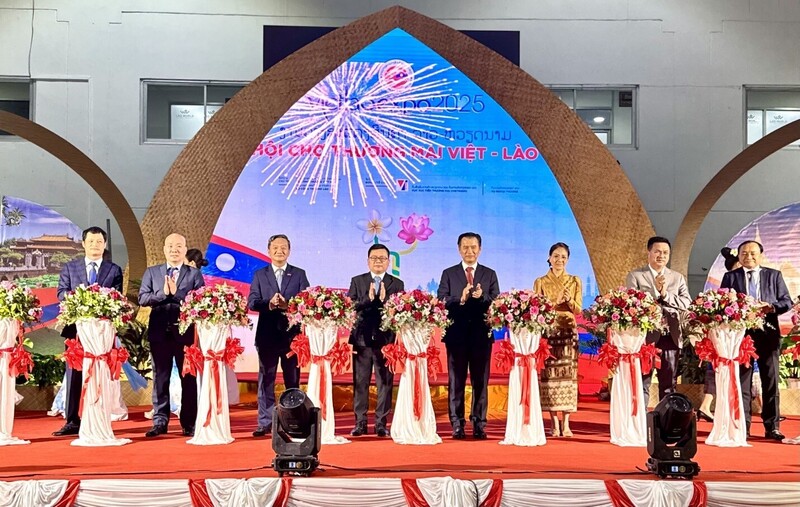
19:05 | 23/03/2025 14:56 | 17/02/2026Trade

19:05 | 23/03/2025 14:55 | 17/02/2026News and Events
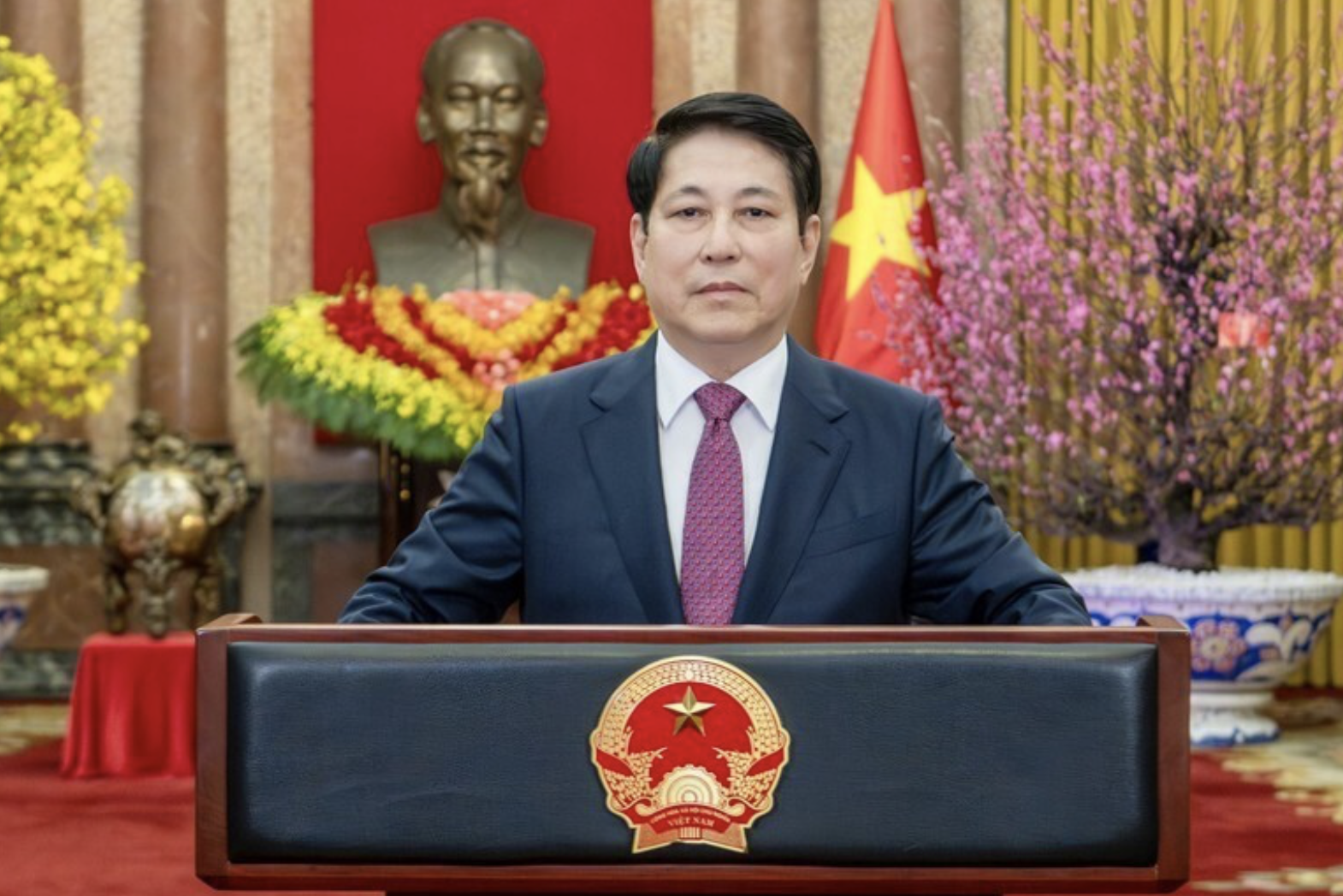
19:05 | 23/03/2025 00:12 | 17/02/2026News and Events
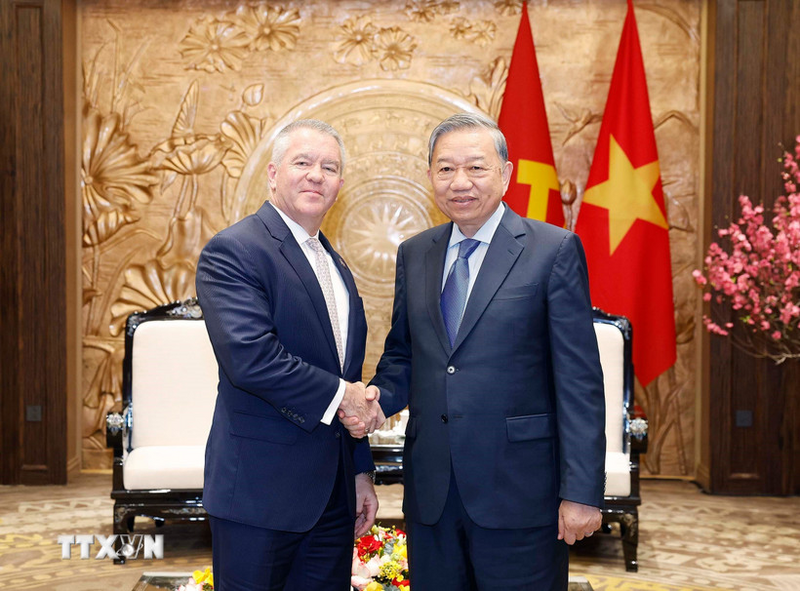
19:05 | 23/03/2025 08:30 | 15/02/2026News and Events